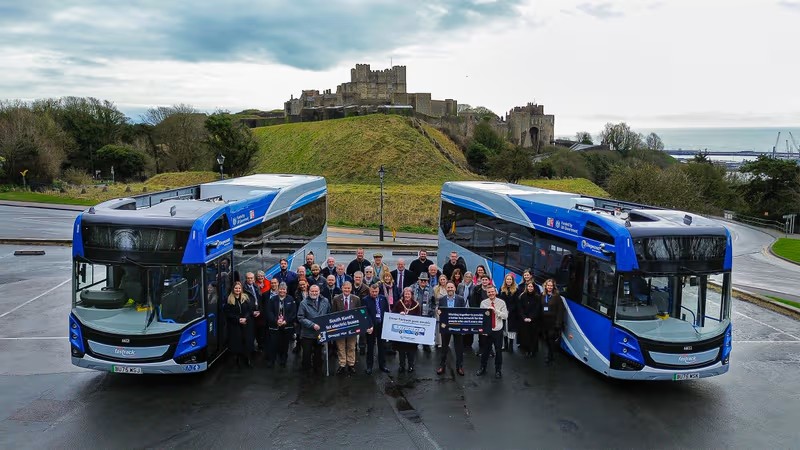Funding for researchers at BCU to develop AI-powered systems to support policy and decision-making in wider efforts to tackle climate change
An innovative project led by researchers at Birmingham City University has been awarded almost £50,000 to develop an AI-powered systems to help transport systems be greener and more resilient to climate change.
The money has been provided by the Engineering and Physical Sciences Research Council (EPSRC), with support from UK Research and Innovation (UKRI) and the Department for Transport (DfT) through the National Hub for Decarbonised, Adaptable, and Resilient Transport Infrastructures (DARe).
Heatwaves are already straining our transport network: just last month, speed restrictions were imposed on trains because of high temperatures. In June 2022, there were reports of roads and airport runways melting.
Transport is a major focus of wider efforts to decarbonise and help tackle the impacts of climate change. That’s because, according to DfT figures, at present some 27% of all UK greenhouse gas emissions are produced by transport – and 90% of that comes from road transport.
The aim of the BCU-led project is to analyse the key transport corridors across the UK, using real-time data, AI tools and international best practices to produce decision-making support systems and practical, evidence-based policy guidance. This, it is hoped, will enable policymakers and transport operators to strengthen UK infrastructure, limit the impacts of climate change impact and encourage low-carbon transport options.
Dr Syed Attique Shah, Senior Lecturer in Smart Computer Systems at BCU and the project’s Principal Investigator, says: ‘This is cutting-edge research which will harness AI to safeguard our transport infrastructure against the growing challenges of climate change. We can use this technology to anticipate vulnerabilities, optimise maintenance and guide low-carbon investments.
‘Our project will help protect commuters, freight operators, and local businesses from service interruptions and financial losses. Communities will benefit from more reliable, cleaner transport options, while policymakers and industry can prioritise cost-effective resilience measures.’
Professor Hanifa Shah, Pro Vice-Chancellor for Research, Enterprise, Engagement and STEAM at BCU, adds: ‘Research like this is helping BCU create policy and frameworks to tackle climate change and ensure transport is sustainable for future generations. I’m proud that BCU research is having an impact on one of the most important issues affecting our community and beyond.’
In related news:
Plan to make developers of offshore wind pay for skilled jobs training
Glasgow, Birmingham, Bristol, Southampton, Cirencester, Oxford firms benefit from 6G-fibre award
Decommissioned Nottingham power station earmarked for fusion energy


















Leave a Reply